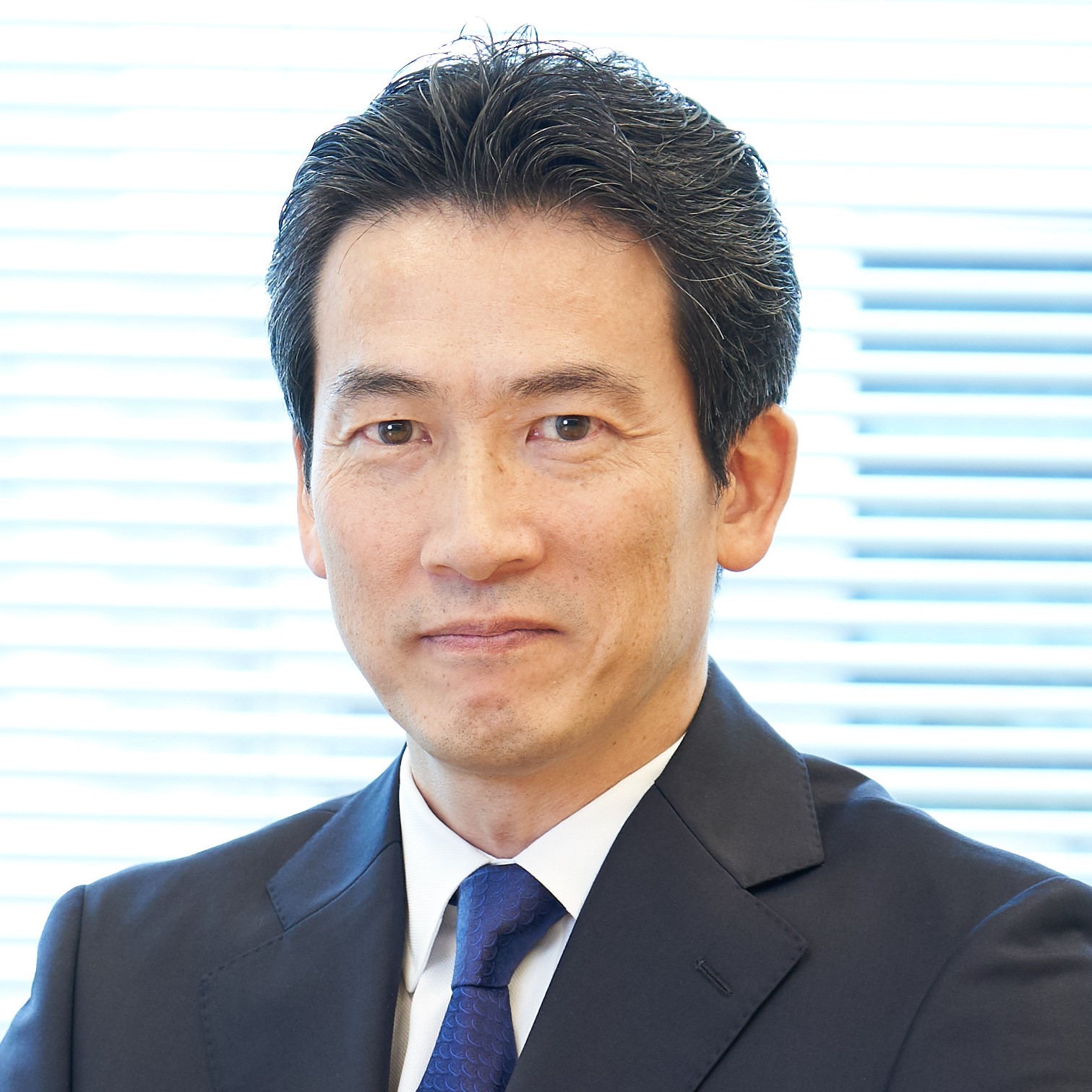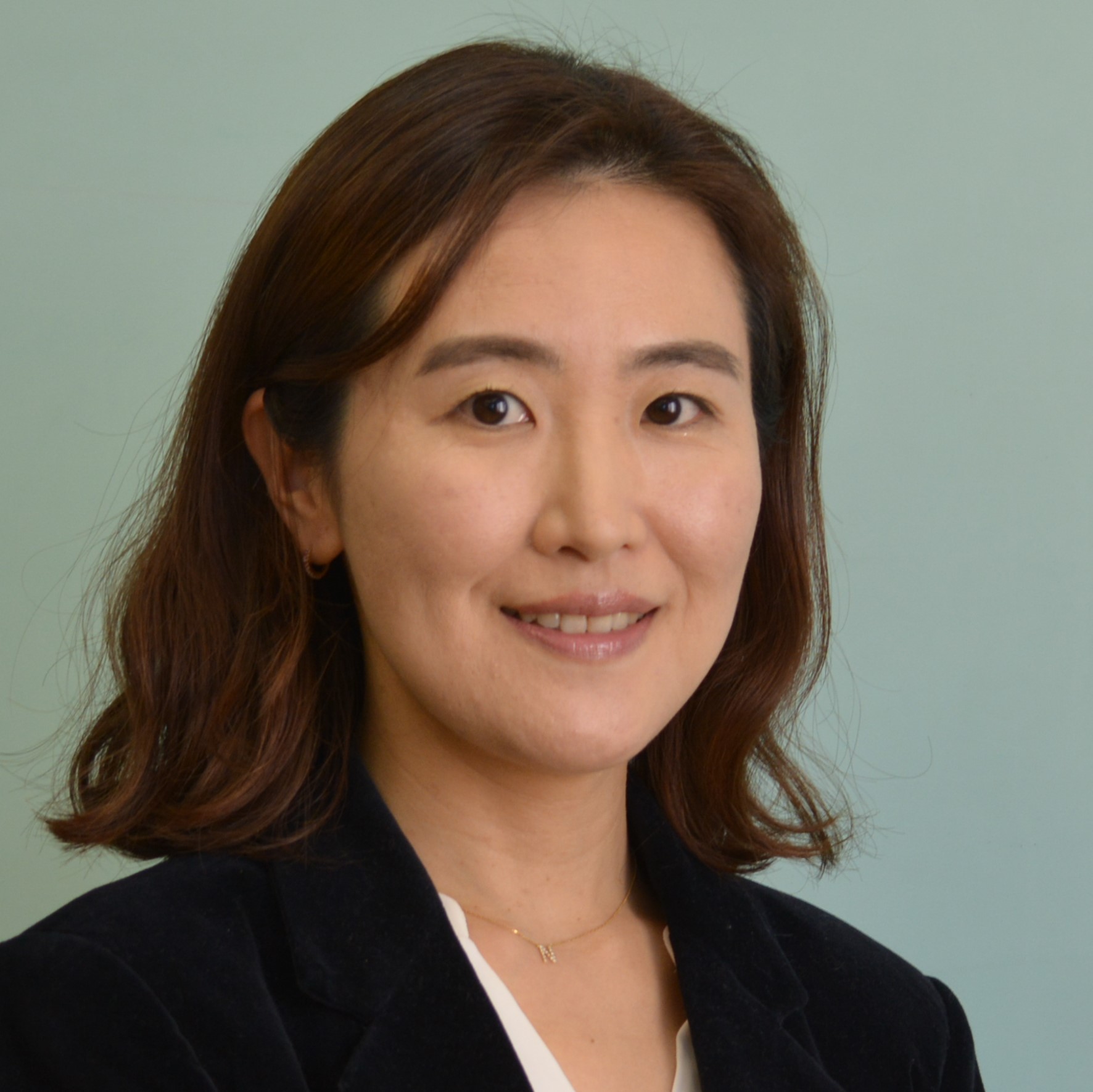The new era will be the 248th in Japan’s unique system, which began with the Taika era in 645. Along with the enthronement of the new Emperor, the Japanese Golden Week holidays - which are usually a cluster of public holidays separated by some working days - will last for an unprecedented 10 consecutive days from April 27 to May 6 highlighting the importance of this event in Japan.
Heisei brought changes to Japan’s economy and companies
When Heisei dawned on January 8, 1989 after the demise of the Showa Emperor, Japan’s stock market was in a rapidly inflating bubble, with the Nikkei Stock Average rising to its record high of 38,915 in December of that year.
The bubble collapsed the following year, leading the Japanese economy and stock prices to stagnate for what became known as Japan’s ‘Lost Decade’. The Nikkei average is currently around 60 per cent of its record high (as of 19 April 2019).
But the Nikkei tells only part of the story. The 31 years of Heisei also brought improvement to the earning power of Japanese companies, whose ordinary income in 2018 exceeded 84 trillion yen (US$752bn) to reach a record high.1
The sluggish domestic economy was a key catalyst for Japanese companies’ globalisation through the development of overseas markets and M&A activities, and companies have continued these efforts to improve their profitability through business selection and concentration, and production rationalisation. Japanese companies whose overseas sales ratios exceed 30 per cent now number over 600, doubling over the past 15 years.
In the Heisei era, many companies overcame the collapse of the bubble to embrace globalisation and increase their profitability. The number of companies listed on the Tokyo Stock Exchange has also increased by about 900.
Another recent highlight of Heisei was that the Japanese government eased conditions on issuing visas to travellers from several countries, including China. The resulting surge of visitors is a new engine for Japanese economic growth. Visitors totaled around 3 million per year in the first half of the 1990’s, but they have been sharply increasing since 2013, multiplying nearly ten times to a record high above 30 million in 2018. Tourism GDP, which tabulates the added value created by tourism-related industries such as accommodations and retail for visitors, was about 10.5 trillion yen in 2016, increasing 2 trillion yen from 2012.
Nominal GDP increased by 43 trillion yen from 2012 to 2016, and according to the Tourism Whitepaper from the Ministry of Land, Infrastructure, Transport, and Tourism, the tourism-related component contributed about 4.5 per cent to that growth.
Outlook for the Reiwa era
A main focus for the coming era will be Japanese companies’ increasing awareness of the need for corporate governance reforms. The ratio of companies listed on the Tokyo Stock Exchange which elected two or more independent outside directors was 91.3 per cent last year, a significant jump from about 20 per cent before the Corporate Governance Code was introduced in 2015.
However, many challenges remain. While more companies have increased shareholder returns through steps as higher dividends and share repurchases, there is still room for improvement including unwinding cross-held shares, many of which carry voting rights. These crossholdings are a legacy of traditional corporate Japan when they were set up to cement business ties, but that may have come at the price of looser discipline in corporate management and inefficiencies in corporate capital management.
The Corporate Governance Code was revised for the first time last year, and it addresses the crossholding issue by stating the Board of Directors of listed companies which hold such shares should carefully review whether the purpose of such holdings is appropriate in light of the benefits and risks associated with the cost of capital. The code requires companies to verify they hold such shares, and their reasons for doing so. This resolution of the cross-held share issue began in Heisei and is expected to gradually make progress in Reiwa as companies improve their corporate governance practices, and the dialogue between companies and institutional investors continues. As the crossholdings diminish, the discipline of corporate management will increase and corporate asset efficiency will improve, which should lead to higher profitability.
We are also focusing on the efforts of Japanese companies adhere to Sustainable Development Goals (SDGs). Japan had been lagging behind Western countries in this area, but interest in SDGs has been rapidly increasing recently.
For example, 173 companies worldwide now back the RE100 initiative, through which they vow to achieve the goal of powering their business operations using 100 per cent renewable energy, and 18 of those companies are Japanese. By country, Japan comprises the third-highest number after the United States and the United Kingdom.
Japanese companies primarily focused on sales and market share in the post-war Showa era, and then shifted their priority to improving profitability in Heisei - especially after the 2008 Financial Crisis and ‘Lehman shock’. Companies have raised their profitability through management efforts such as production rationalization, business selection and concentration, and overseas expansion, which helped lift stock prices significantly in the last seven years of Heisei.
Conclusion
The Japanese economy is facing challenges, including an aging population and the eventual exit from easy monetary policy, but the market will recognize and reward Japanese companies that improve their management, shareholder returns and asset efficiency. As the Reiwa era begins, market perception will increasingly acknowledge - and value - companies’ intangible assets that can help solve social issues as well as increase profits.
 Nikkei 225
Nikkei 225






































